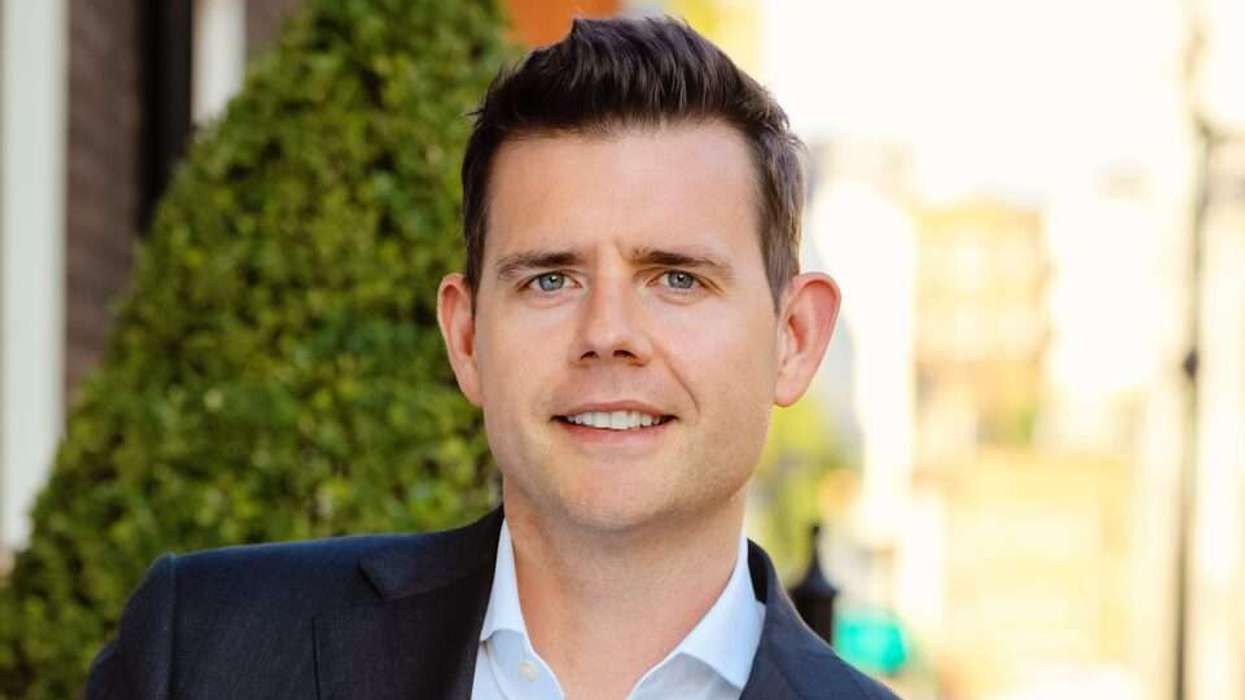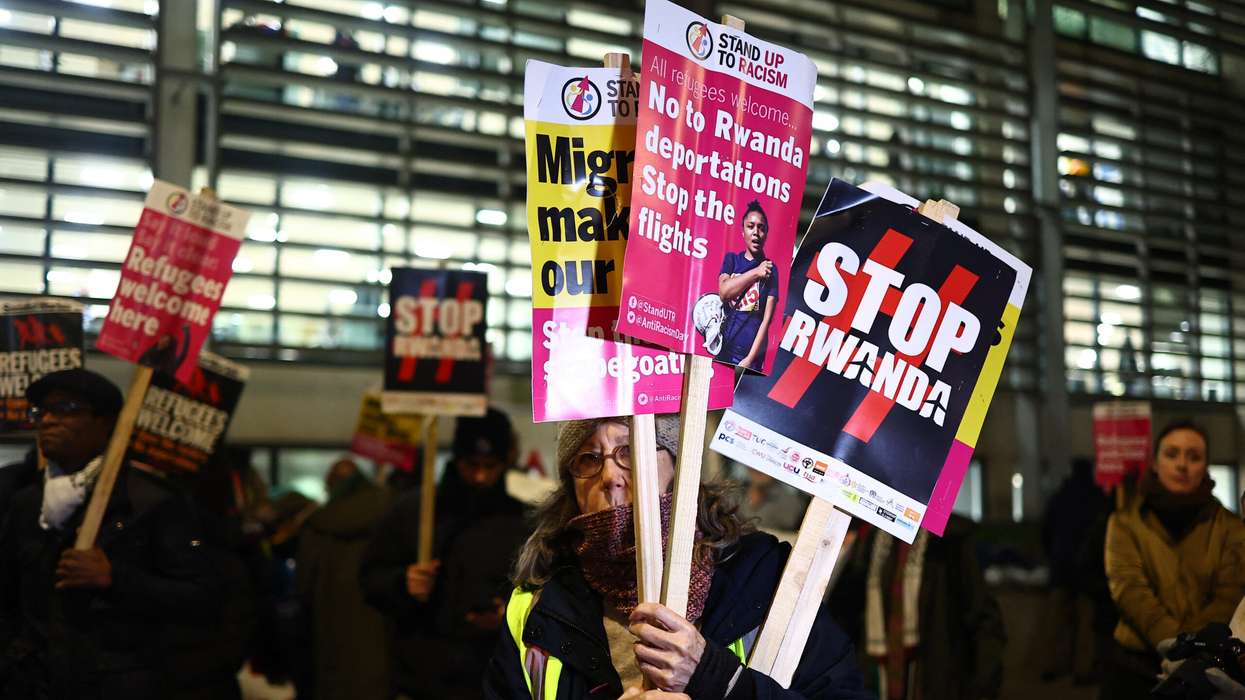WITH many studies suggesting a significant rise in cases, type 2 diabetes is increasingly becoming a concern among youngsters. The alarming trend is attributed to various factors, including obesity, physical inactivity, and genetic predisposition.
According to a recent UK-based study, genetic vulnerabilities of producing lower levels of insulin and having an unhealthy distribution of fat could be major causes for South Asians developing type 2 diabetes at a younger age.
The study involved participants of Bangladeshi and Pakistani origin.
Researchers from Queen Mary University, UK, said that the reasons for South Asians, who are known to develop diabetes early in life while often having a normal body mass index, are poorly understood.
Genetic research studies are mainly focused on European groups, they pointed out.
The study was published in the Nature Medicine journal. The researchers used data from the Genes and Health cohort, a community-based study of British-Bangladeshi and British-Pakistani volunteers.
The participants' genetic information was linked to records maintained by the NHS.
The team found that the most significant genetic signature is that of a reduced ability of pancreatic beta cells to produce the hormone insulin, which regulates blood sugar levels.
The signature also increases the risk of gestational diabetes and progression of the pregnancy complication to type 2 diabetes after pregnancy, they said.
The genetic signatures identified provide vital clues about how different people may respond to diabetes treatments, the researchers added.
Individuals having a high risk for producing low insulin were less likely to respond to common medications such as sodium-glucose co-transporter 2 (SGLT2) inhibitors and were more likely to require insulin therapy, the team explained.
SGLT2 inhibitors are a class of drugs that help one manage blood sugar.
The findings of genetic nature will help "find ways to offer more precise treatments that treat the condition more effectively and reduce the development of diabetes complications," author Sarah Finer, from Queen Mary University of London, said.
"Genetic predisposition to insulin deficiency and lipodystrophy in British Pakistani and British Bangladeshi individuals is associated with earlier onset of (type 2 diabetes), faster progression to complications, insulin dependence and poorer response to medication," the authors wrote.
(PTI)





